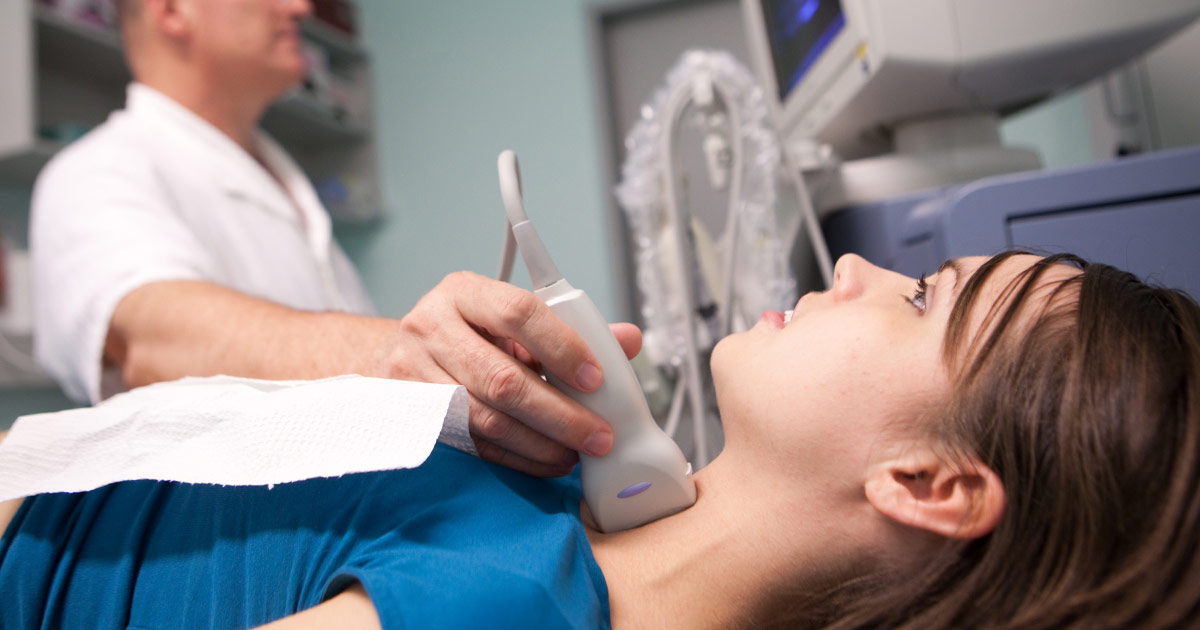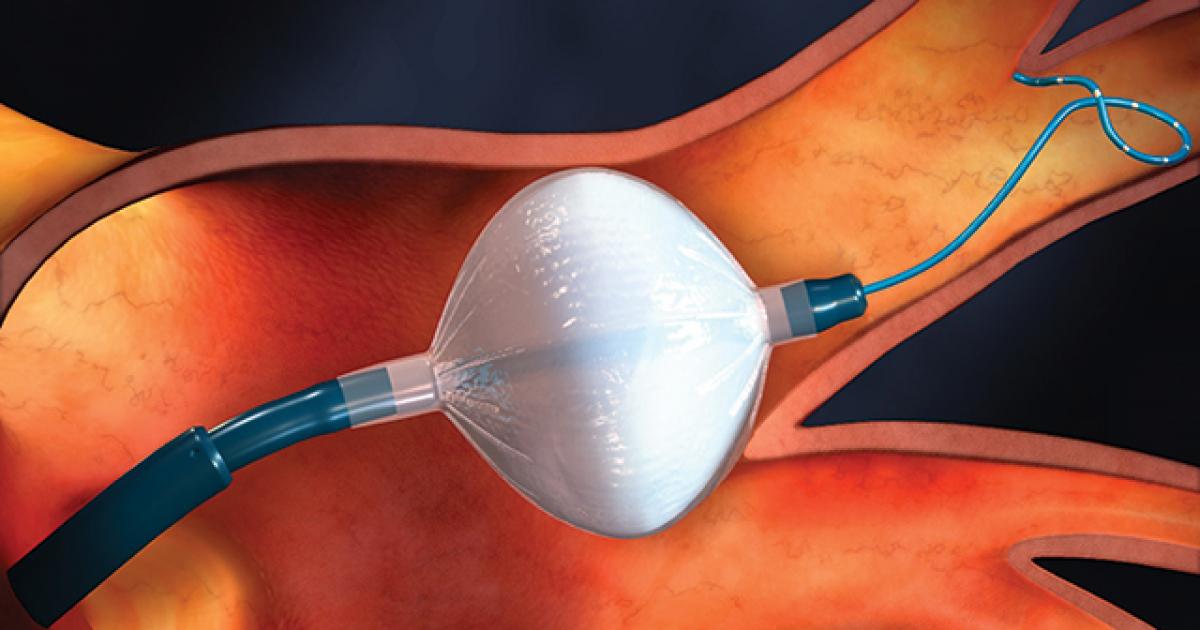Treatment Options For Bigeminy
The heart is comprised of two atria and two ventricles. The contraction of the heart muscles is what makes a heartbeat, and it is responsible for pumping blood in the body. Usually, the upper and lower chambers of the heart contract and relax in a steady and predictable rhythm. However, some individuals may experience a heartbeat that arrives too early. This condition is known as bigeminy. If the premature contractions originate from the lower chambers they are known as premature ventricular contractions, and premature atrial contractions if they emerge from the upper chambers. Premature contractions of the heart are common and often harmless. When they occur, it doesn’t necessarily mean that you have bigeminy. But if the premature contractions keep occurring, it could be a sign of a heart problem down the road. Fortunately, it is possible to prevent and treat bigeminy.
Reduce Stress Levels

Stress can be described as the overwhelming feeling individuals have when they are striving to keep up with various demands such as relationships, finances, and work. Anything that poses a threat to an individual’s wellbeing can be described as stress. Manageable stress levels are healthy and essential for survival. It forms part of the natural defense system that enables an individual to confront danger or overcome challenges. But if this mechanism is triggered too easily, it can take a toll on an individual's mental and physical health.
There’s no scientific evidence directly linking stress to the occurrence of heart conditions such as bigeminy. But repeated episodes of stress may influence behaviors and factors that lead to these cardiovascular diseases, including heavy smoking, increased blood pressure, overeating, and physical inactivity. An individual may turn to heavy smoking, binge eating, or alcoholism to reduce stress. Unfortunately, these habits and ones like them are typically detrimental to cardiovascular health. Although periodic stress may not cause any harm to the body, repeated instances of stress over a long period can exert stress to heart muscles causing them to contract and relax irrhythmically. Individuals, especially bigeminy patients, can manage stress by exercising regularly, meditation and by practicing other stress management techniques.
Learn more about how to prevent and treat bigeminy effectively now.
Get Sufficient Sleep

Getting sufficient sleep is critical for a healthy heart. Experts recommend getting at least seven hours of uninterrupted sleep each day. If individuals experience problems getting adequate sleep, they are at a higher risk for coronary and cardiovascular issues, including bigeminy, regardless of their weight, age, and habits, including how much they exercise.
But why is sleep so important to heart health? Scientific studies have established not getting enough sleep can disrupt normal biological processes in the body such as blood pressure, glucose metabolism, and inflammation. Oversleeping can also disrupt these processes.
Remember, just like other organs in the body, the heart needs ample time to rest and perform repairs. Although the heart does not stop beating, its activity reduces when individuals get sufficient sleep. During this time, the body can perform repairs on the heart as individuals get ready for another busy day. A lack of sleep can cause fatigue to cardiac muscles since they are required to extra hard for longer periods. This can, in turn, weaken these muscles, leading to bigeminy.
Keep reading for more information on preventing and treating bigeminy.
Address Electrolyte Imbalance

Electrolytes play a significant role in the body by contributing to the movement of electrical charges and signals throughout the body. The electrical charges and signals are vital for many biological processes that keep individuals alive including the functioning of the brain, nervous system, heart, and muscles. Some of the most important electrolytes in the body include sodium, chloride, potassium, magnesium, and calcium. A lack of vital electrolytes can impair the function of the heart muscles. These electrolytes are responsible for the transmission of electrical impulses from the sinus node to the heart muscles. An imbalance of these electrolytes can lead to the creation of false signals in the heart, which may cause bigeminy.
An electrolyte imbalance results when there are too few or too many electrolytes in the body. Electrolytes may be lost through diarrhea, vomiting, kidney problems, excessive sweating, and by taking certain medications. Cirrhosis of the liver, diabetes, severe burns, eating disorders, and heart failure can also lead to an electrolyte imbalance.
The best way to address an electrolyte imbalance is through diet. Consuming a well-balanced diet should provide individuals with all the essential nutrients. Besides eating a well-balanced diet, drinking plenty of water will also help individuals maintain their electrolyte balance. In a pinch, electrolyte beverages can assist.
Get to know the next option for treating bigeminy now.
Manage Overactive Thyroid

Thyroxine (T4) and triiodothyronine (T3) are the two main hormones produced by the thyroid gland, which is a butterfly-shaped gland in the neck. These hormones have profound effects in the body, where they can either slow or speed up various cellular activities. Hyperthyroidism refers to an overactive thyroid gland. The increased thyroid hormone in the body may lead to an increased heartbeat, which can result in palpitations, also known as atrial fibrillation. In atrial fibrillation, the atria tremble instead of pumping steadily. Excess thyroid hormone causes the heart to overwork, which may lead to abnormal heart contractions, including bigeminy.
Fortunately, patients can restore a normal heartbeat if they manage their overactive thyroid gland. Treatment options for hyperthyroidism often mean medications such as radioactive iodine, anti-thyroid medications, and beta blockers, but can also include lifestyle changes.
Uncover more ways to treat bigeminy now.
Undergo Cardiac Ablation

If bigeminy keeps recurring, it can be corrected by undergoing cardiac ablation. The procedure used to correct heart rhythm problems works by destroying the heart tissue causing the abnormal heart rhythm. Most irregular heartbeats occur due to false electrical signals originating from parts of the heart other than the sinus node.
During cardiac ablation, a long flexible tube is inserted through a blood vessel in the groin to the heart where it delivers energy in the form of extreme cold or heat to scar the tissues causing the irregular heartbeat. Cardiac ablation can also be done through open surgery, but using catheters makes the procedure minimally invasive and also shortens the patient's recovery time.
